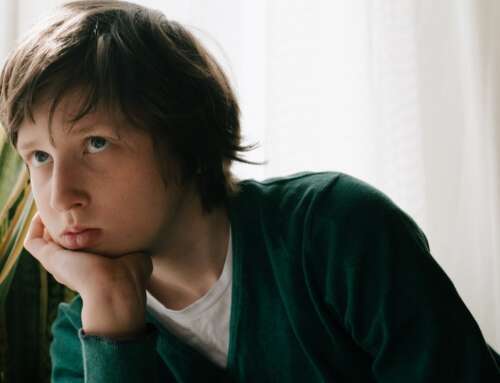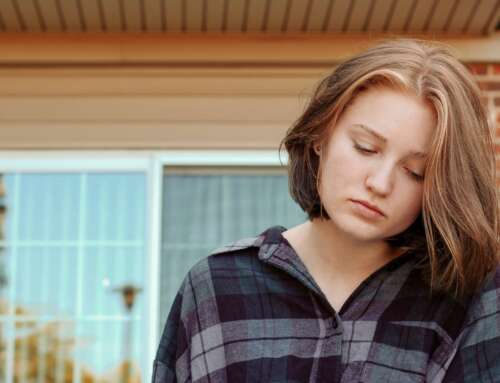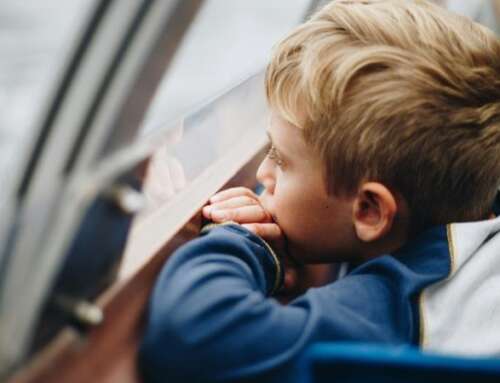
Whole school cultures will need to change, and sometimes, radically so. Photo: ALAMY
The mental health epidemic among the young represents one of the greatest challenges facing our schools.
According to the leading charity, Young Minds, between 2001 and 2011 inpatient admissions for young people who self-harm increased by 68 per cent, while in another survey 46 per cent of girls aged 11 to 21 said they have needed help with mental health issues.
Although society struggles to make sense of the causes, or indeed the extent of the problem, the warning signs have been there for some time.
When we ask ourselves what has changed to make this generation so vulnerable, so susceptible to self-doubt and depression, the same questions resurface: why are so many children struggling to cope when, on the surface, they appear so much better off materially and in terms of lifestyle than thirty years ago?
How much does the cost of tertiary education weigh heavily on the young mind or the uncertainty of future employment? What role is technology playing, whether through the pernicious effects of social media that make normality a less desirable cloak to wear, or exposure to anonymous scrutiny and cyberbullying?
– Peter Tait
Source: ‘Schools largely to blame for rising mental health issues’ – Telegraph







Yes college is expensive, but I believe the most critical change is the constant use of technology in all forms including social media. Never before have students had so much “knowledge” available to them. Parents are less important, less involved, and students are having less and less positive person-to-person interactions.
It’s so easy to blame the school system for the high incidence of mental health issues in the adolescent population, but this is such a load of rubbish!
Schools certainly have their issues and the education system is far from perfect, but ‘schools’ don’t raise children, and nor should they be expected to. They don’t raise kids 24hrs a day from birth to 5 years old, and once kids start school, they are there for 6 hours per day. The other 18 hours each day they are in their parents care (supposedly).
Private schools and public schools are also very different, and expectations within the private school system may well be a contributor to the mental health of young people. But my experience in the public system is very different, and the schools are the saviour, and the teachers are the closest thing to a caring adult that many of the students with mental health concerns will ever know.
I agree with Claire and note that this article is about the English school system which is very different to ours. The article refers mostly to anecdotal evidence and is not really about drawing evidence/research based conclusions. I also think the title and tone of the article is emotive, and inflammatory. I also think an article from this newspaper about young people in England is not very relevant to current research statistics about Australian schools and Australian young people.